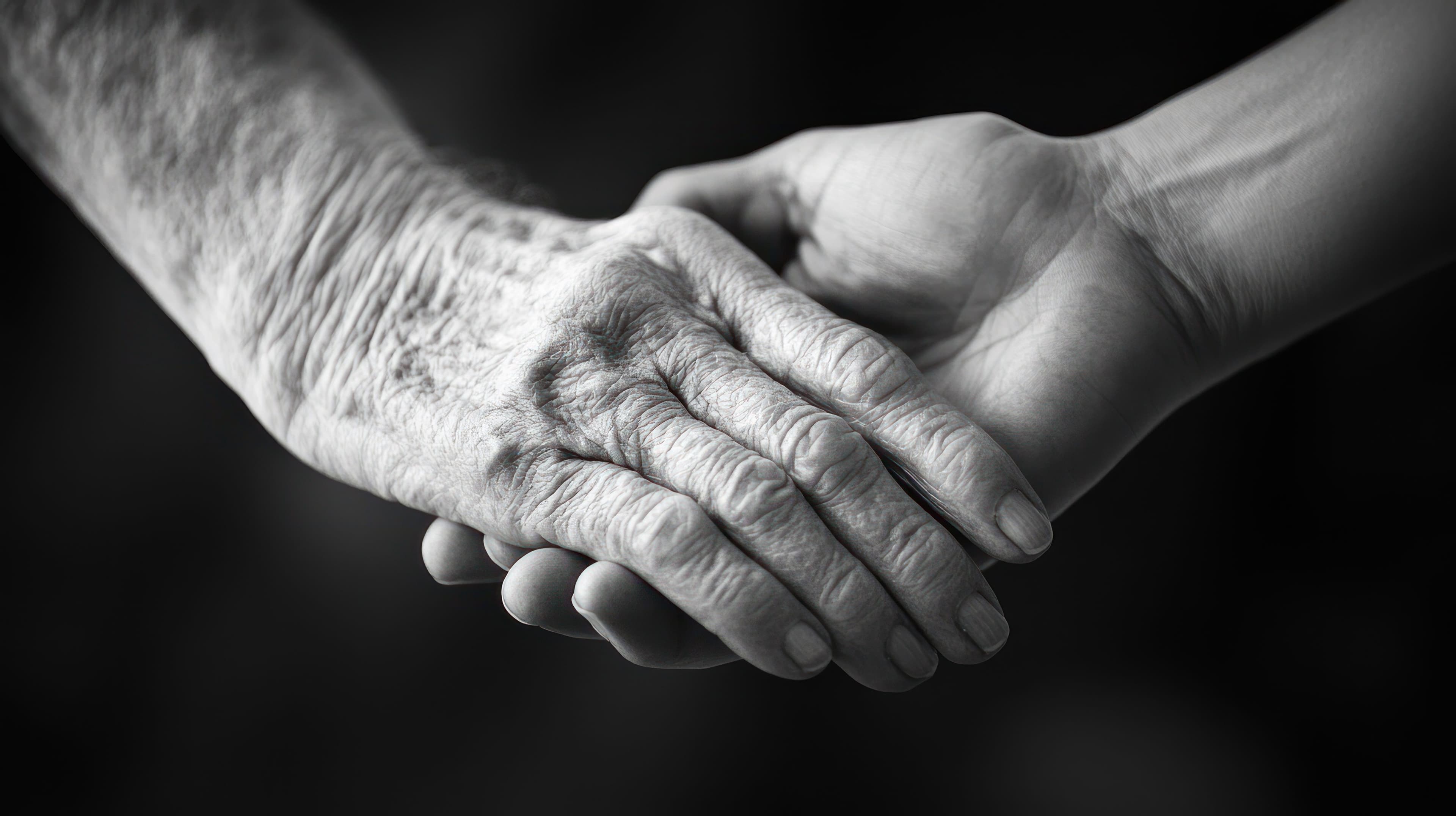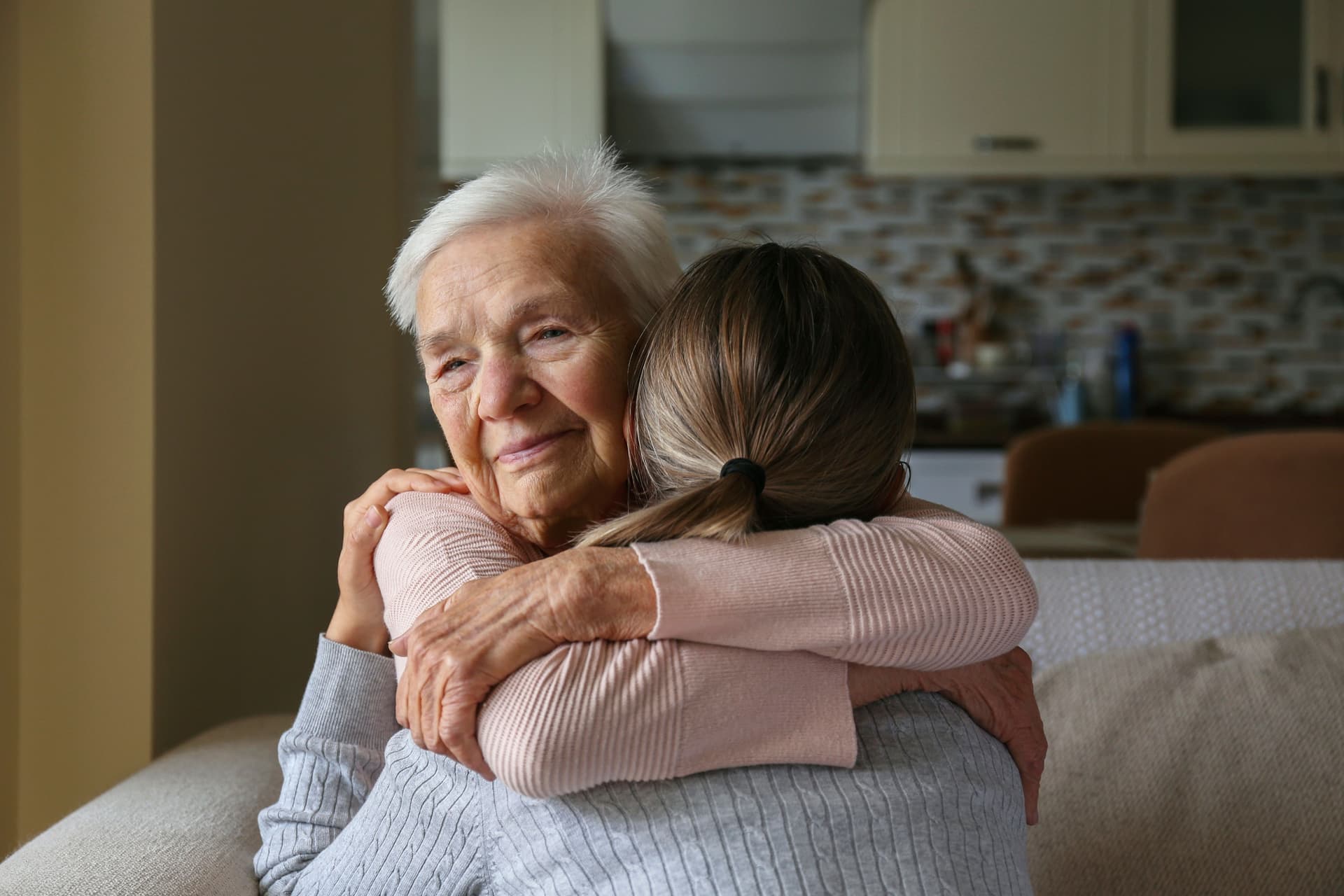
Nursing home abuse and neglect put vulnerable residents at serious risk, leading to malnutrition, dehydration, infections, and preventable injuries. When facilities fail to provide adequate care, residents suffer, and families are left feeling helpless. Lack of supervision, improper medical treatment, and unsafe conditions can result in devastating harm. Understanding the warning signs, knowing your legal rights, and holding negligent facilities accountable are crucial steps in protecting your loved ones. Learn how to take action and seek justice.
September 18, 2025
3 min
Falls are one of the most common and dangerous accidents that occur in nursing homes. For residents living with dementia, the risks are even greater. A single fall can cause hip fractures, head injuries, or long-term disability, and recovery is often more complicated for seniors with cognitive decline. Families trust nursing homes to keep their loved ones safe, yet too often facilities fail to provide the extra care that dementia patients require.
This article explores why dementia increases the risk of falls, what responsibilities nursing homes have, how neglect can lead to devastating outcomes, and what legal options are available for families when facilities fail to meet their duty of care.
Dementia is not just about memory loss. It also affects balance, coordination, judgment, and awareness of surroundings. A resident might forget to use a cane or walker, attempt to stand without assistance, or wander into unsafe areas. Many also experience sundowning—a state of confusion and restlessness that worsens in the evening—making falls even more likely at certain times of day.
Unlike residents without cognitive decline, dementia patients may not remember safety instructions or recognize danger. Something as simple as a cluttered hallway, a wet bathroom floor, or a poorly lit corridor can turn into a serious hazard. The combination of frailty, confusion, and poor judgment creates a perfect storm for falls.
When a fall does happen, recovery is particularly difficult. Hospitalization and surgery can cause increased disorientation, worsening dementia symptoms, or even lead to a permanent decline in functioning. In many cases, a single fracture can mark the beginning of a rapid downward spiral.
Nursing homes are legally and ethically obligated to take proactive steps to prevent foreseeable harm. For dementia patients, this duty requires specialized care and more attentive supervision. Facilities should:
Sadly, not all nursing homes meet these standards. Understaffing, high staff turnover, and lack of training often mean dementia patients are left unsupervised or ignored. When facilities cut corners, residents pay the price.

The consequences of a fall are far-reaching. Physically, a fracture may result in surgery, months of rehabilitation, or permanent loss of mobility. Many residents never regain their prior level of independence. Psychologically, falls can lead to fear, depression, and withdrawal, as residents lose confidence in their ability to move safely.
For families, these incidents bring heartache and frustration. Watching a loved one decline after a preventable fall is devastating. Families often feel betrayed by the very institutions they trusted to provide care and safety.
In the worst cases, repeated falls or severe fractures contribute to premature death. These tragedies highlight why prevention and accountability are so critical.
When a nursing home fails to provide the extra care that dementia patients need, it may be liable for negligence. Families have the right to pursue legal action if:
Legal claims can help recover compensation for medical expenses, rehabilitation costs, pain and suffering, and in some cases, wrongful death. Beyond financial relief, legal action also pressures nursing homes to improve their practices and prevent future harm.
If your loved one has suffered a fall, it is important to act quickly. Request copies of medical records, care plans, and incident reports. Document visible injuries and keep a record of conversations with staff. These details may prove crucial in building a strong case.
Falls among dementia patients are not random accidents. They are foreseeable risks that demand careful planning and vigilant supervision. Facilities that take their duty seriously will invest in staff training, create safe environments, and tailor care to each resident’s unique needs.
When they fail to do so, they place residents in harm’s way and betray the trust of families. Providing extra care to dementia patients is not optional—it is the standard that nursing homes are legally and morally required to uphold.
At Michael Hill Law, we are committed to holding negligent nursing homes accountable and protecting the rights of seniors. If your loved one with dementia has suffered a fall or fracture in a care facility, we are here to help your family seek justice and ensure your loved one receives the dignity and protection they deserve.